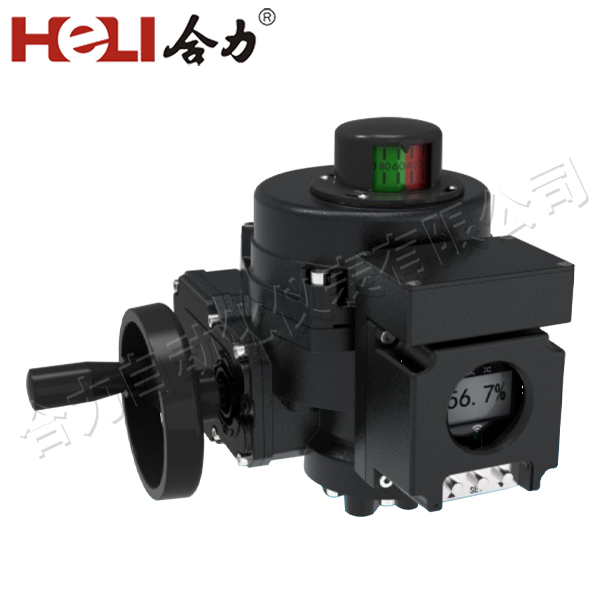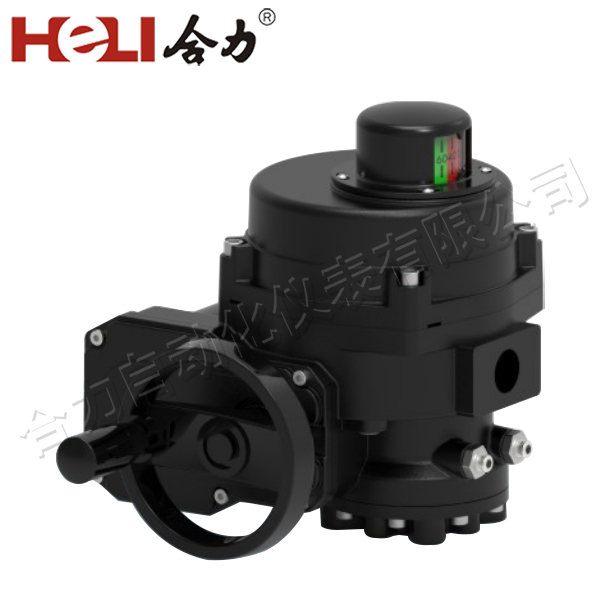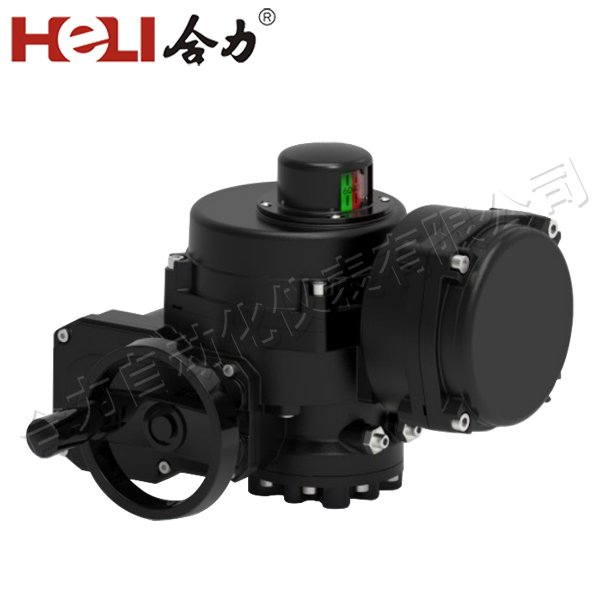As the world pivots toward greener and more sustainable solutions, the potential for hydrogen energy to revolutionize industries is becoming increasingly evident. One of the promising applications of hydrogen energy is in the realm of electric actuators, which are integral components in many systems ranging from robotics and automotive to industrial machinery and renewable energy systems. The integration of hydrogen energy into electric actuators offers an exciting pathway toward cleaner, more efficient, and powerful actuation systems. This article explores the principles, advantages, and future potential of hydrogen energy electric actuators in driving innovation across various sectors.

The Basics of Electric Actuators

Electric actuators are devices that use electrical energy to produce mechanical motion, often converting electric power into rotary or linear motion. These actuators are essential in systems requiring precise control and are widely used in robotics, automation, automotive, aerospace, and even medical equipment. Typically, electric actuators are powered by conventional energy sources, such as batteries or power grids, which supply electricity to drive motors, pistons, or other mechanical components. However, the global demand for more sustainable solutions has led to the exploration of alternative energy sources. Hydrogen energy is emerging as a leading contender due to its high energy density, environmental benefits, and versatility in various applications.

Leave a Reply